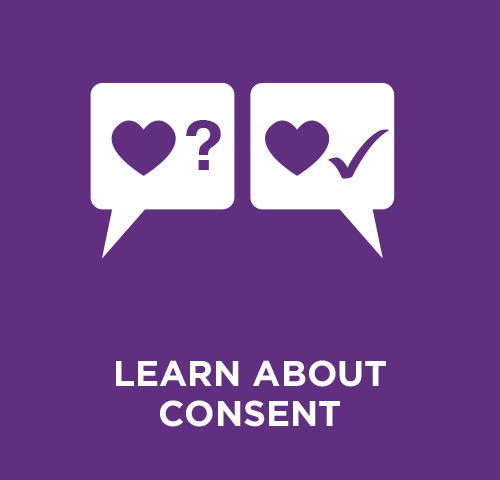From healthy relationships to healthy behaviours and attitudes, understanding your sexual health is an important part of your overall wellbeing.
Sexual health isn’t just about preventing sexually transmitted infections (STIs). It’s about being aware of your body, and your overall health. It’s also about making the right decisions, and having respect for others.
On this page:
Engaging in Sexual Activity
Becoming sexually active with a partner is a deeply personal decision that may be influenced by your family values or by what your friends are doing or what you see online or on TV. But only you know if and when you are ready for sex; make sure you are doing it because you want to, not because you feel pressure from your partner, friends, or society. When you are ready, sexual activity should be pleasurable for both you and your partner. Either of you can also change your minds and decide you want to continue to wait, and this decision also needs to be respected.
If you are sexually active or are considering having sex for the first time, it’s important to learn as much as you can and to protect yourself from unwanted surprises. And even if you’ve been sexually active for many years, there’s always more to learn. Part of sexual health is having conversations about sex with your partner. Set boundaries if needed, discuss expectations around safe sex, be open about your desires, and always respect each other.
STIs
Sexually transmitted infections (STIs) are infections that spread from one person to another through any type of sexual contact. Talking about safe sex with every partner and using condoms are all good ways to protect yourself and your partner. Many STIs don’t show symptoms, so if you are sexually active getting tested regularly is good practice.
Birth Control
Contraception is used to prevent pregnancy. There are many different birth control methods to help you and your partner prevent an unplanned pregnancy. These three are some of the more common contraceptive methods:
- Condom: inexpensive and effective, readily available without a prescription, used only at the time of sexual activity, protects against most STIs. Learn more.
- Birth Control Pill: a highly effective and easily prescribed pill at pharmacies, helps regulate menstrual cycle as well. Learn more.
- Morning after pills: able to be used as emergency contraception if you had unprotected sex and you already know that you do not want to get pregnant. Learn more.
Find more types of Birth Control at Sex & U.
Sexual Health Resources

Sexual Health Ontario: Get the information you need to know and find it fast. From sexually transmitted infections (STIs) to contraception and fertility.
- Prevention. Learn more about practicing safe sex and talking to your partner(s) about STIs.
- Symptoms. While some STIs don’t have symptoms at all, there are many that do.
- Treatment. Find out more about testing and treatments available for STIs.

Run by the City of Hamilton Public Health Services, the Waterdown Sexual Health Clinic, provides a range of confidential services to all ages such as:
- Sexual health, safer sex practices, abstinence and birth control information
- Low-cost birth control based on medical eligibility
- Free STI testing and treatment
- Free Emergency Contraceptive Pill (ECP)



